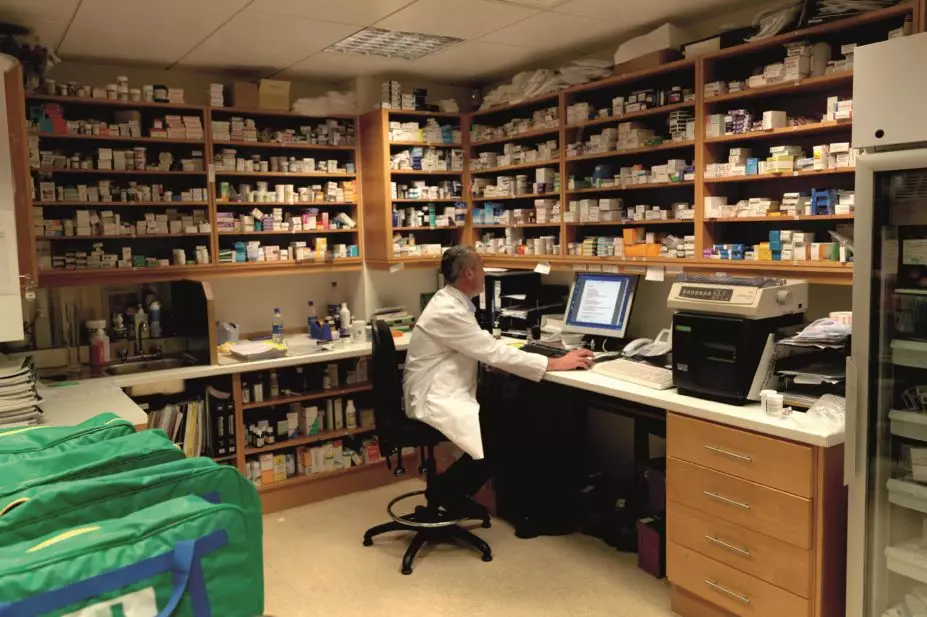
Harry Sheridan / Alamy
The Royal Pharmaceutical Society (RPS) remains concerned that hospital pharmacists have been left out of proposals to provide a defence against prosecution for dispensing errors, saying a solution must be found “as quickly as possible”.
The Society welcomed plans in
a government consultation on rebalancing medicines legislation and pharmacy regulation [PDF], under which some pharmacists who make inadvertent dispensing errors would no longer automatically face the prospect of a criminal prosecution. The RPS consultation response [PDF] says the changes would move away from a “culture of fear” around mistakes and improve patient safety by encouraging more professionals to report errors.
Nevertheless, the RPS urged officials to press ahead with efforts to ensure this defence is available to hospital professionals as soon as possible. “We are concerned that this solution does not apply to the whole profession, but we do however understand the complexities of different healthcare settings and the requirement to remove the long-standing anomalies in the legislation for as many pharmacists as possible, as quickly as possible,” the Society states.
The new proposals being considered would provide a defence against prosecution if an inadvertent dispensing error is made in registered pharmacy premises. However, not all hospital pharmacies are registered in the same way as community pharmacies, meaning pharmacists working in these hospitals would not be able to use the new defence.
The RPS argues that, since pharmacists in all sectors are bound by the same regulatory and professional standards, the proposed arrangements should apply to individuals and not hospital premises. “It is therefore imperative that a solution be found for pharmacists working in hospitals as quickly as possible and that discussion in this area continues at pace until a solution is agreed,” it says.
Frustration
The Rebalancing Programme Board is considering separate regulatory arrangements for hospitals, which will undergo consultation.
Speaking in February 2015 when the current consultation launched, RPS president Ash Soni acknowledged the “frustration” of hospital pharmacists at their omission from the initial proposals, but gave his “complete assurance” that it remained a priority for the Society.
The board considered next steps on measures for hospital professionals at a meeting in March 2015. In a statement after the meeting, board chair Ken Jarrold said: “The board is aware of the need for any proposal to cover a wide range of governance arrangements across the home countries and provide future-proofing. As I said in a previous statement, the most important things in life aren’t usually easy or quick to achieve, but we are committed to doing so.”
The RPS’s consultation response also called for clarity on how the General Pharmaceutical Council will consider new patient-facing, clinical roles in the context of the proposed defence to prosecution under section 63 (medicines adulteration),
which refers to the supply of medicines only, not clinical advice.
The consultation closed on 14 May 2015. Parliament must debate and agree the proposals before they can be put before the Privy Council for final approval.
You may also be interested in
Long service of members

Membership fees 2022
